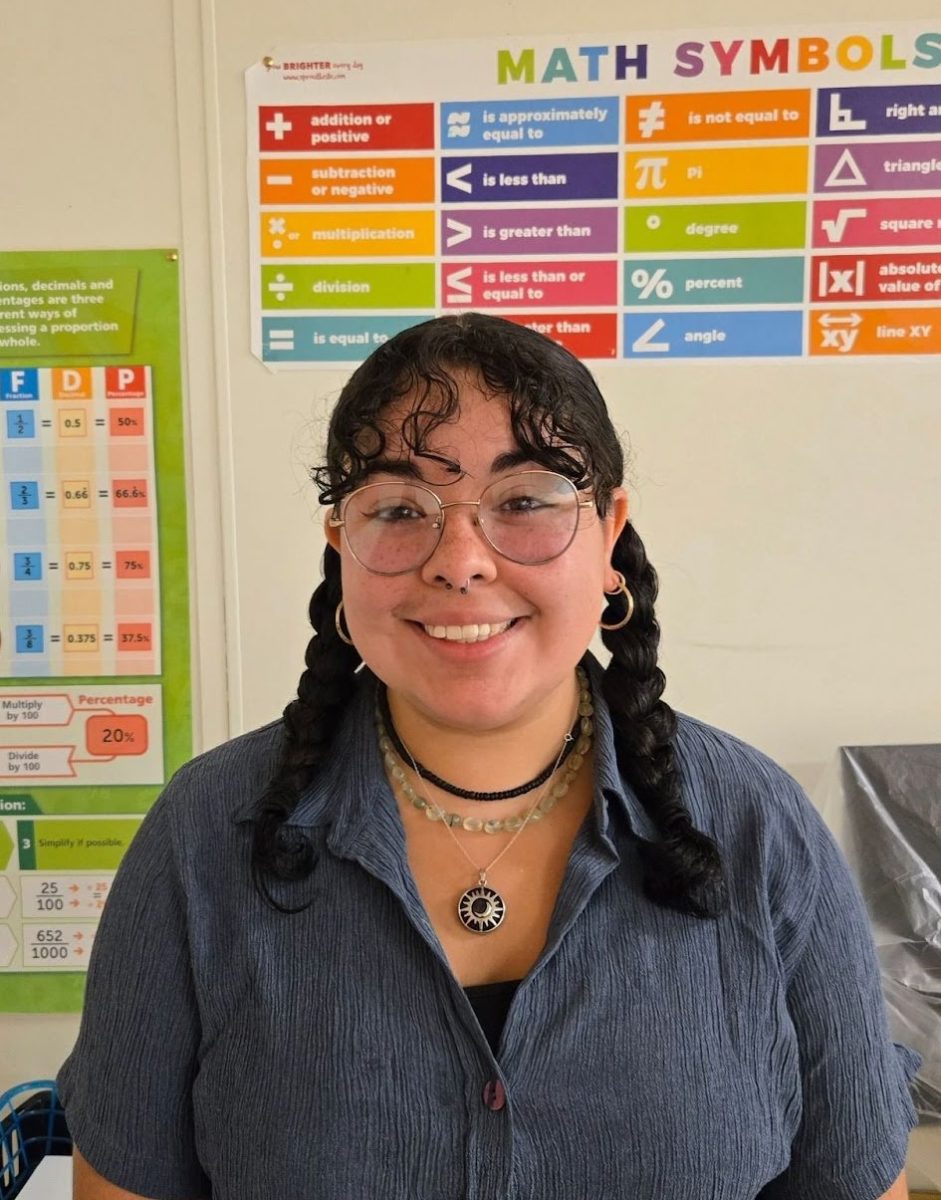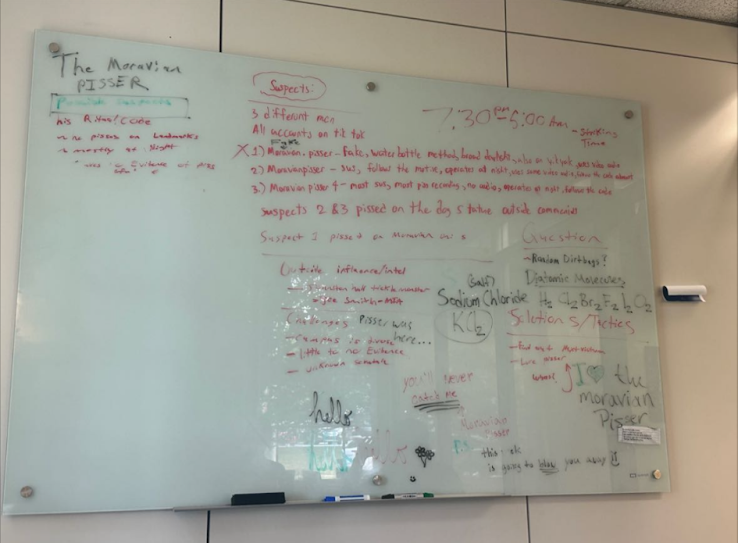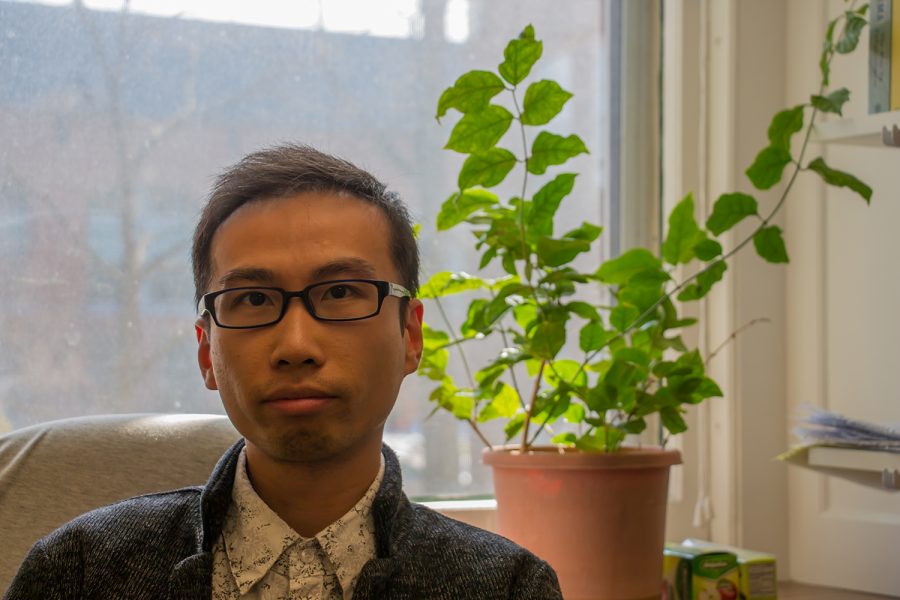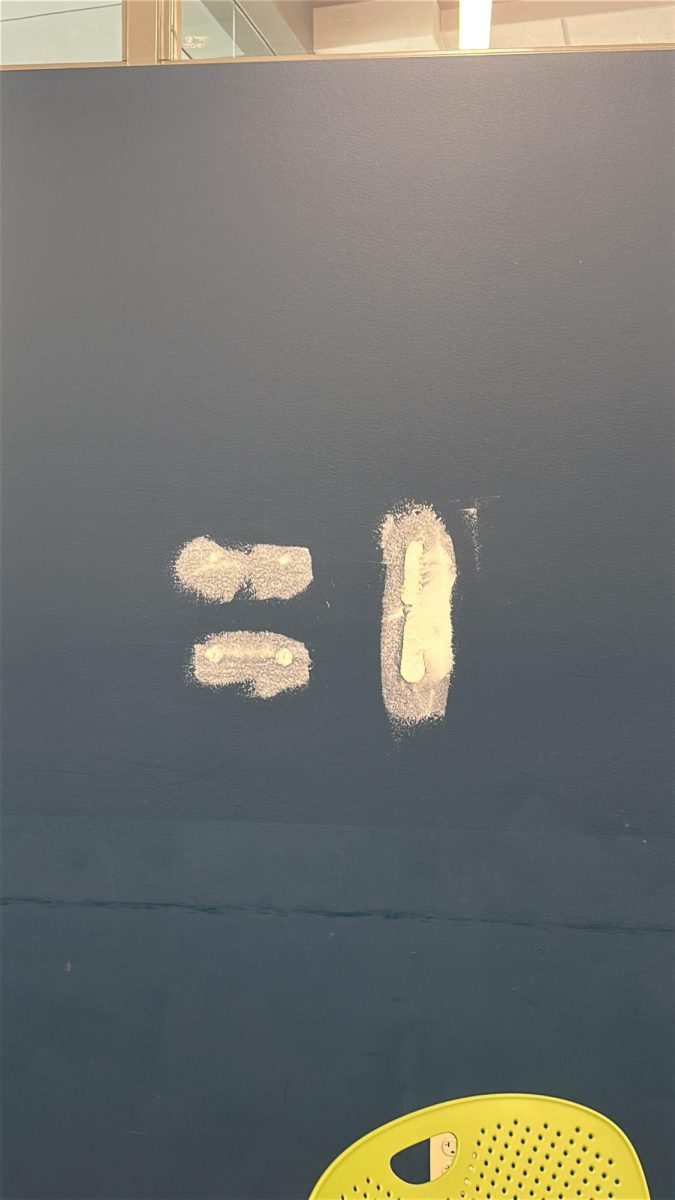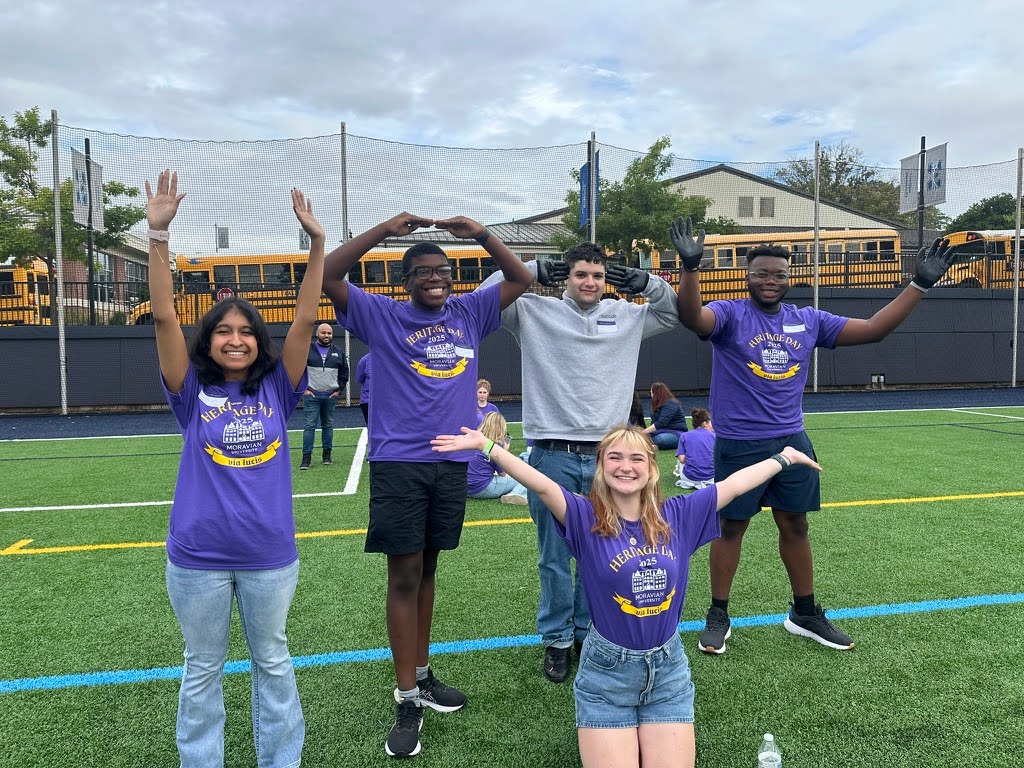As is true for every institution of higher education, the Moravian campus community finds itself grappling with artificial intelligence (AI): how to use it in a way that is both helpful and ethical.
The university understands that faculty have differing views on AI use and suggests that professors can use outlines of four different options for language to include in their syllabi regarding AI policies.
These policy options are:
Option 1: (AI usage as a violation of the academic code of conduct): Unless specifically permitted by the instructor in advance of student submission of work, any use of AI will be considered a breach of academic integrity. Suspected cases of plagiarism, cheating, or other misuse of AI tools will be submitted to the Academic Standards Committee by the instructor, with potential consequences to follow. Note that in accordance with policy, the initial consequence is determined by the course instructor.
Option 2: (AI as learning support, idea generation): Students are encouraged to use ChatGPT and other AI tools to support their learning, understanding, and creative processes during the coursework. However, AI tools should be utilized responsibly and ethically, adhering to the academic principles of academic honesty and originality.
Option 3: (AI use for assistance, like a tutor): AI tools can assist in providing explanations and suggestions, but they should not be used for direct answers to graded assignments, quizzes, or examinations. Students should not submit AI-generated content as their own work, as this instructor considers this to be a form of cheating or plagiarism. Students are always invited to meet with the course instructor, PASS leader, or peer tutors for clarification on course content as a first option, as information provided by the AI can be inaccurate or incomplete.
Option 4: (Permitted use of AI): While ChatGPT [or other AI] is a recommended AI tool for this course, students are free to explore other reliable AI resources that align with the course objectives. If students opt for AI tools other than the recommended ones, they must ensure that they meet the ethical and academic standards as discussed in class.
Dr. Samuel Rhodes, assistant professor of political science, shared that while he hasn’t created any assignments specifically framed around the usage of AI, he does allow students to use it when coding in his special topics course focused on quantitative political analysis.
Rhodes has used AI when he has needed help developing his own computer programs.
“I’ll use AI for my code—I’m not doing anything so advanced that it can’t help me,” he said. “I developed a program for the course, but I originally wrote it in a different programming language and asked AI to translate it.”
Zach Bingaman ‘25, like other students, has turned to AI as an alternative search engine such as Google. He studies computer science and uses AI for coding, as Rhodes does.
“It just kind of speeds up the process of everything,” Bingaman explained.
Kelly Gallagher, senior career development strategist, shared that AI can also be used for job searches and career development.
Gallagher said that AI can help students explore career paths, by feeding it with prompts such as, “What career and job opportunities are available with [insert major]?”
Students can also ask AI to search for relevant jobs within a specific metropolitan area or state.
Other recommendations Gallagher had for AI usage were brainstorming language for an email, having AI compare a resume with a particular job description, and using AI to scan job descriptions for keywords.
However, Gallagher cautioned against copying anything directly from AI or feeding AI interview questions during job interviews via a phone or Zoom call.
“You always want to take [any result from an AI search] it with a grain of salt and back it up with your own attempts to research. If something is looking fishy, fact-check it,” Gallagher cautioned. “Recruiters get a sense of how to pick up on AI-generated answers.”
Nursing major and former USG President, Kayla Biege ‘25, uses AI to brainstorm sections of her papers, such as asking for more clarification on a certain question or finding areas to further research. Nonacademically, she uses it to find new recipes.
Paige Hunter ‘26, who is majoring in early education and special education said, “I use AI in my education classes just to give me an outline or rough draft of what I want to lay out for my papers.”
Alexis Coleman ‘27, communications major, explained that she doesn’t just copy and paste answers, as some might be tempted to do.
“I use it as a helpful tool, so if there is a question or prompt that I don’t understand, I type that in and go from there,” she said.
Other students said that they use AI to generate ideas and to help organize their thoughts before writing a draft.
Students and staff do not know what the future holds for AI development and use.
“The real challenge for your generation is figuring out how to apply your skills and knowledge in a way that makes you indispensable and irreplaceable,” Rhodes said.



